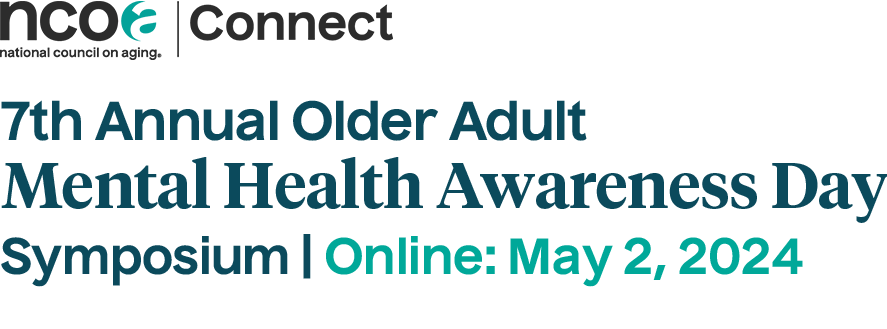
Spotlight Session Topic: Suicide Prevention: What the Field Needs to Know About What Works
New data from the Centers for Disease Control and Prevention (CDC) shows that suicide rates have significantly increased for older adults and generally increased with age, with men aged 75 and older having the highest rate of any age group. This session will present strategies that work to reach and help older adults.
Eligible for 1 CE with live participation
Kimberly A. Van Orden, PhD
Principal Investigator
The HOPE Lab
Dr. Kim Van Orden is a clinical psychologist and Associate Professor in the Department of Psychiatry at the University of Rochester Medical Center. She is the Principal Investigator of the HOPE Lab (Helping Older People Engage) and Co-Director of the Rochester Roybal Center for Social Ties and Aging, which is funded by the National Institute on Aging. Her lab conducts clinical trials of programs to promote social engagement and healthy aging. Kim mentors students and fellows, co-directs a research fellowship in suicide prevention, and maintains an active clinical practice providing evidence-based psychotherapy to older adults.
Debra Darmata, MS
Program Manager
Oregon CSP Program
Tim Glascock, MPH
Statewide ASIST Coordinator
Association of Oregon Community Mental Health
Tim Glascock, MPH, is the Statewide ASIST Coordinator at the Association of Oregon Community Mental Health Programs. Tim started his career working in youth mental health day-treatment programs after receiving a BS in Psychology from Oregon State University. The associated work experiences combined with experiences volunteering on a local youth mental health coalition pulled him towards a community-level, systems perspective. During the Master of Public Health program at Oregon State University, he worked for the university counseling department for their mental health promotion program, which included researching and updating their internal suicide prevention training program. Prior to the current position, Tim acted as the Project Director for two federal grants at Western Oregon University, which included the Garrett Lee Smith Campus Suicide Prevention grant and a Department of Justice Office on Violence Against Women Campus Program grant. While Tim has focused primarily on prevention efforts focused on youth and young adults, recent older adult projects have expanded interest to focus on suicide prevention throughout the lifespan. His current work focuses on supporting Oregon ASIST (Applied Suicide Intervention Skills Training) trainers and addressing gaps in training capacity.
Kera Magarill
Older Adult Behavioral Health Specialist
Washington County Disability, Aging and Veteran Services
Kera Magarill holds a Masters Degree in Human Service with acertificate in Gerontology and has completed specialized training in musictherapy and dementia care. For the past 20 years, Kera has worked across thelong term care continuum passionately educating family caregivers andprofessionals on quality of life issues for older adults, people withdisabilities and people with dementia with an aim to change the narrative ofaging in our selves, our communities and our systems of care. She has served asChair of the Older Adult Suicide Intervention and Prevent Plan, Chair ofWashington County’s Loneliness and Isolation CHIP Committee, and is currentlyco-leading a coordinated effort to reduce older adult suicides in the metroTri-county area. She is certified to teach Older Adult QPR, Older Adult MentalHealth First Aid, and CALM, and she has helped to bring new educationalopportunities to the Pacific Northwest including “Project Visibility for OlderAdult LGBTQ+ Service and Care” and “Death Café Facilitator Training”. Herapproach to older adult suicide prevention is strongly shaped by her personaland professional experiences supporting individuals through ideation, attemptsand after care with families. She is honored to be serving her communityin her current role as an Older Adult Behavioral Health Specialist withWashington County Disability, Aging and Veteran Services.

